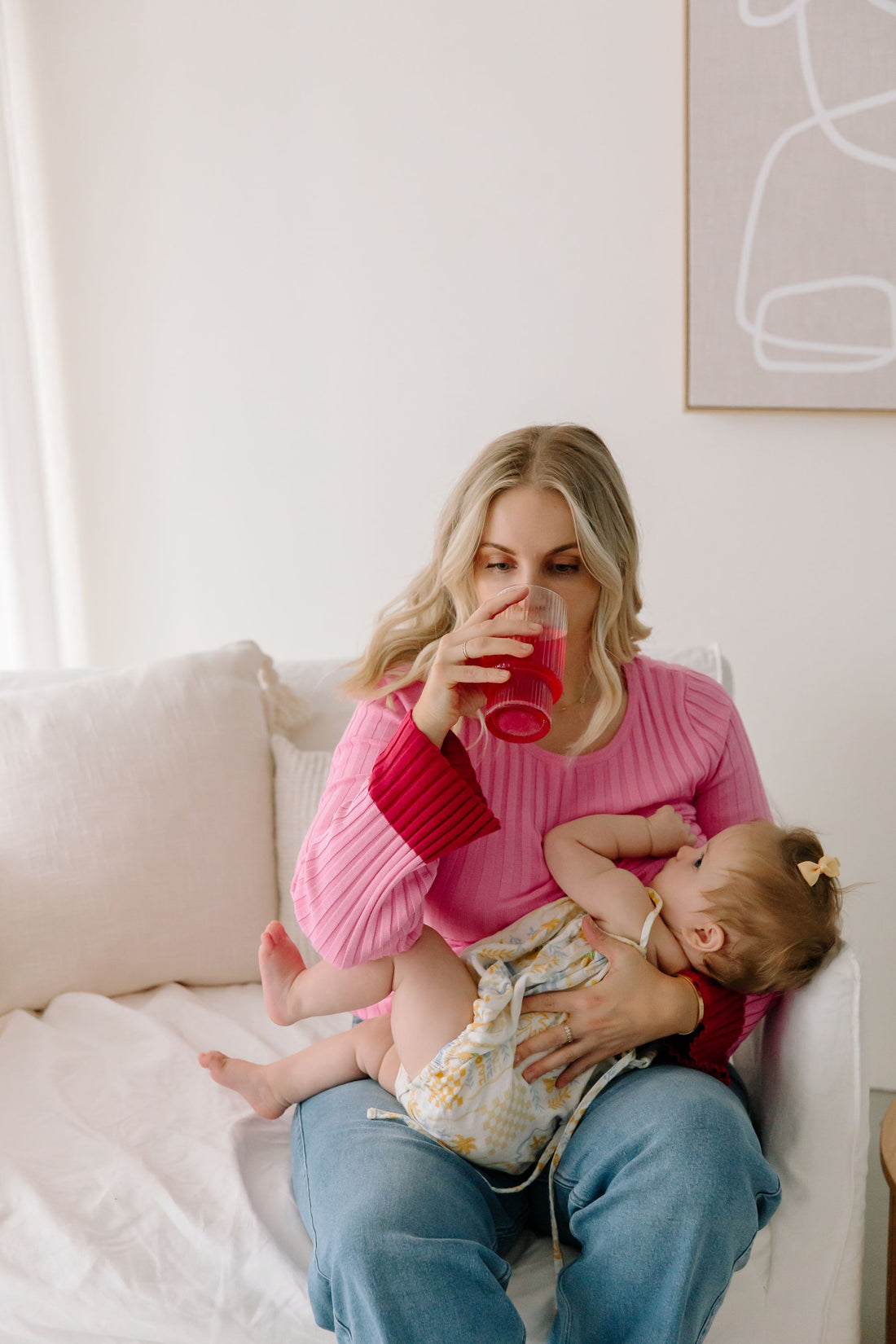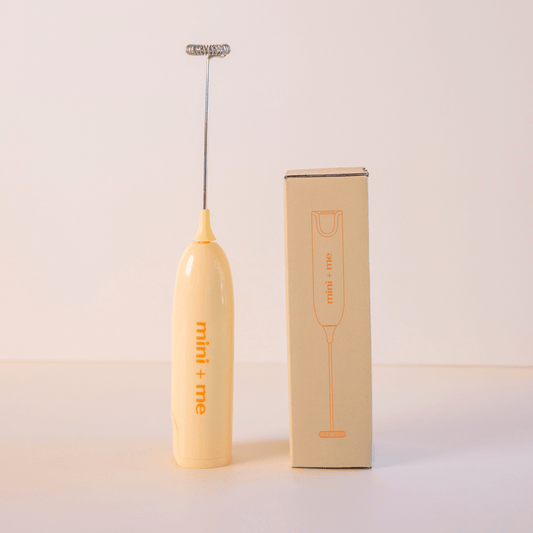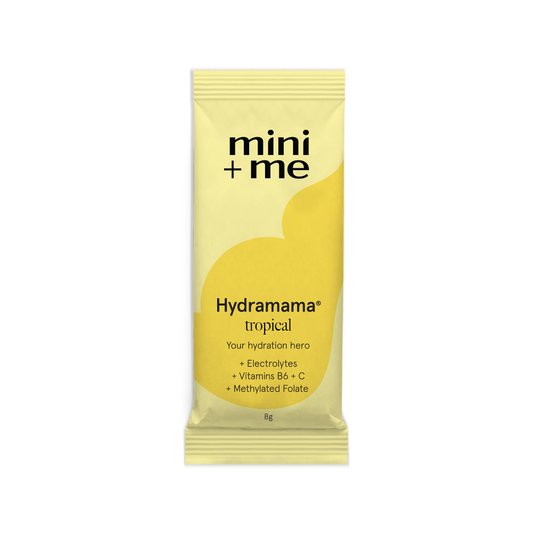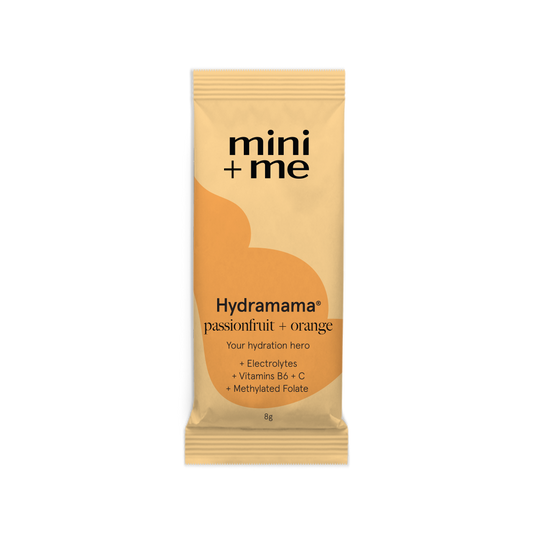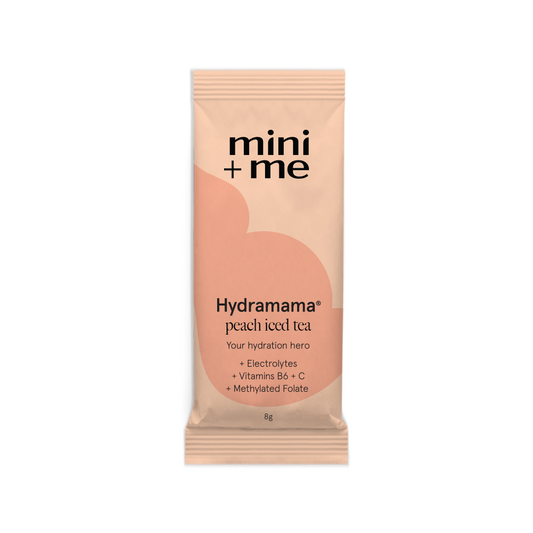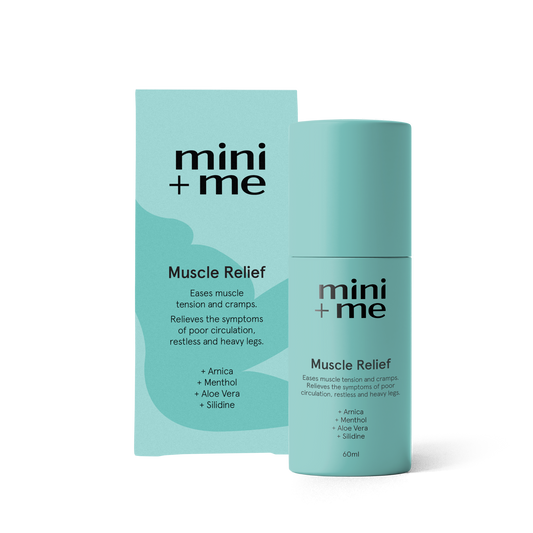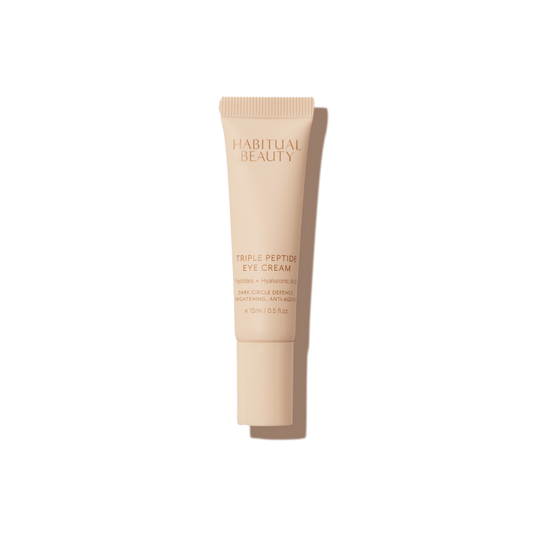The postpartum phase is often referred to as beginning at time of birth and continues up until your baby is six weeks old. Birthing and becoming a mother is a wildly transformational time of great change for both mother and bub, so the postpartum period should really be considered longer. This time is all about you and your baby. For you to rest and heal, and for you to spend time with and bond with your baby. For you all to find your feet as a new family.
There is so many ways to take care of and nurture yourself and your little one in the postpartum period and one area that often gets overlooked is hydration. Hydration during pregnancy is super important, but in the postpartum period after birth, the body experiences so many changes, and one of the biggest ones we don’t often consider is water loss due to breastfeeding. Research shows new mothers lose approximately 700mL water per day due to milk secretion.
Add in sleep deprivation, an often overlooked contributor to a decrease in hydration and water loss can be at an all time high - with science finding those who slept 6 or less hours a night are 15-60% more likely to be dehydrated than those who slept for 8 hours a night.
To keep water intake up during this period read on for the following tips:
- Drink plenty of water. Ideally aim to up water intake more than before - at least 2.7 litres as per Australian guidelines is recommended, especially if you are breastfeeding. Listen to your body and drink water, electrolyte drinks or other fluids when you feel thirsty.
- Sneak in snack foods with high water content - cucumber, watermelon, zucchini, strawberries, bone broths. Foods like fruits and vegetables can provide additional fluids along with nutrients such as vitamins and minerals. Think watermelon, strawberries, cucumbers, bone broths and celery.
- Sip water in small amounts with a straw (helpful when breastfeeding or contact napping too)- we recommend a BPA-free option. Insulated is great too, to keep your water cool.
- Opt for ice - if water is getting boring, try crunching or sucking on an ice cube.
- Keep tabs on it - buy a drink bottle that marks how many cups of water you have had (we love the Bink Mama Bottle) or set an alarm each hour as a reminder to drink up.
- Consider reducing caffeine intake when possible - caffeine naturally dehydrates the body, but may make bub jittery too. Herbal teas are a great alternative. With sleep a rare commodity during this time, swapping tea for caffeine will make those mini opportunities for sleep a lot easier to transition into as well.
- Take a peek at your pee - sounds a little weird, we know, but the darker your urine is the more obvious indicator you’re dehydrated. We like using this urine colour chart from NSW Health.
- Keep up your electrolytes - choosing a hydration supplement such as Hydramama will also ensure you are getting all your vital minerals and vitamin needs met and supporting overall postnatal care.
Note: if any symptoms such as dizziness, fainting, dry mouth, low blood pressure, overheating, constipation, headaches, dark urine, sunken eyes, irritability or confusion are occurring these may be strong warning signs of dehydration. If any or all of these occur, play it safe and consult with your doctor immediately.
Cart is Empty
Your Cart is Empty
- Choosing a selection results in a full page refresh.
- Opens in a new window.




